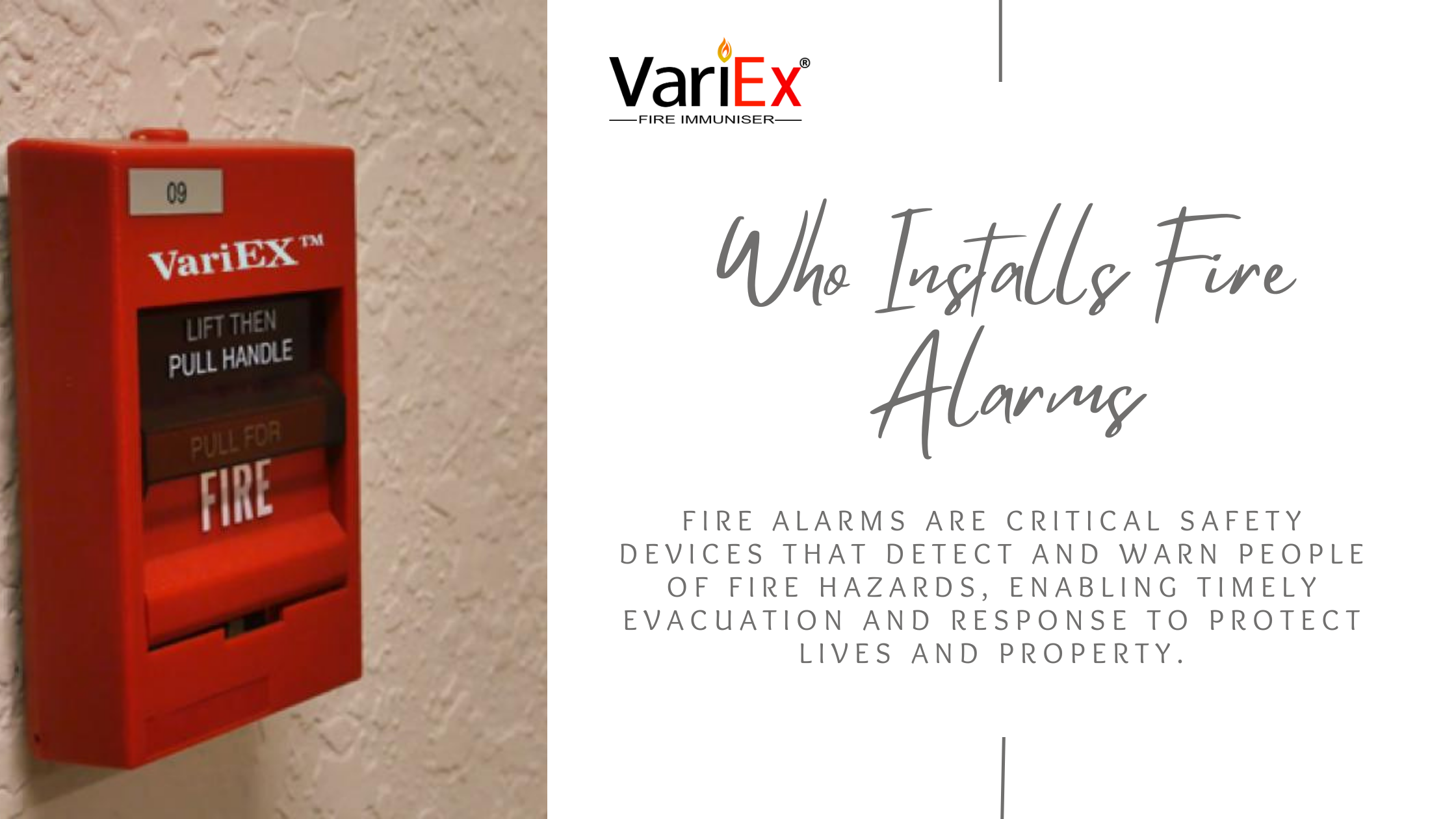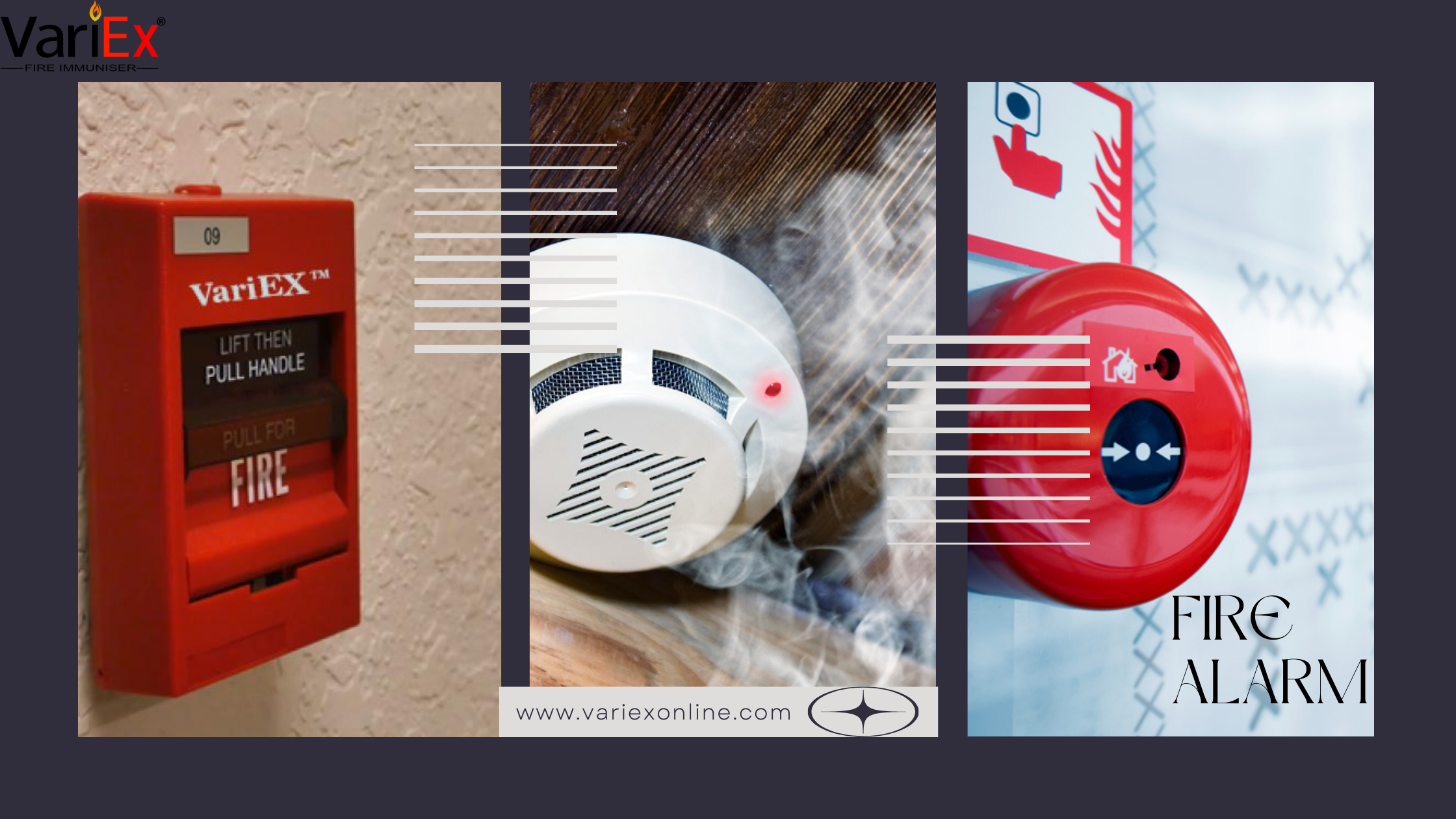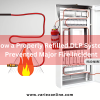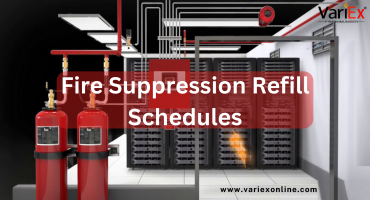![]()
Fire Immuniser
+91-7829629111
Email: info@variex.in
Varistor Technologies Pvt. Ltd.
Block-1, First Floor, Ardente Office One, Hoodi Circle, ITPL Main Road, Bengaluru, Karnataka 560048, IN
Who Installs Fire Alarms
Who Installs Fire Alarms
Fire alarms are critical safety devices that detect and warn people of fire hazards, enabling timely evacuation and response to protect lives and property. Installing fire alarms is a specialized task that requires expertise, precision, and adherence to safety standards. This comprehensive article explores who installs fire alarms, the qualifications and skills required, the different types of installers, the installation process, and the importance of professional installation.
Types of Fire Alarm Installers
Professional Fire Alarm Installation Companies
- Specialized Firms: These companies focus exclusively on fire alarm systems. They offer comprehensive services, including system design, installation, maintenance, and monitoring.
- General Electrical Contractors: Some electrical contractors offer fire alarm installation as part of their services. They may not specialize exclusively in fire alarms but have the necessary qualifications and experience.
Certified Fire Alarm Technicians
- Independent Technicians: These are individuals who hold certifications and licenses to install fire alarm systems. They often work independently or as subcontractors for larger firms.
- In-house Technicians: Large organizations, such as universities, hospitals, and industrial facilities, may employ in-house fire alarm technicians who are responsible for the installation and maintenance of fire alarm systems within their premises.
Fire Protection Engineers
- These are specialized engineers who design and oversee the installation of fire protection systems, including fire alarms. They ensure that the systems comply with all relevant codes and standards.
Qualifications and Skills Required
Education and Training
- Technical Education: Many fire alarm installers have a background in electrical engineering, electronics, or a related technical field. Formal education provides a foundation of knowledge necessary for understanding fire alarm systems.
- Vocational Training: Specialized vocational training programs offer hands-on experience with fire alarm systems, covering installation, troubleshooting, and maintenance.
Certifications and Licenses
- NICET Certification: The National Institute for Certification in Engineering Technologies (NICET) offers certifications for fire alarm technicians. NICET certification is widely recognized and indicates a high level of expertise.
- State and Local Licenses: Many states and local jurisdictions require fire alarm installers to hold specific licenses. These licenses ensure that the installer is knowledgeable about local codes and regulations.
Experience
- On-the-Job Training: Practical experience is crucial for fire alarm installers. Many start as apprentices, learning the trade under the supervision of experienced technicians.
- Continuing Education: Fire alarm technology and regulations are constantly evolving. Installers must stay updated through continuing education and training programs.
Technical Skills
- Electrical Knowledge: Fire alarm installers must understand electrical systems, wiring, and circuitry.
- System Design: Knowledge of fire alarm system design principles, including layout, placement, and integration with other building systems.
- Troubleshooting: The ability to diagnose and resolve issues with fire alarm systems.
Soft Skills
- Attention to Detail: Precision is crucial in fire alarm installation to ensure the system functions correctly.
- Communication: Installers must effectively communicate with clients, contractors, and other stakeholders.
- Problem-Solving: The ability to address challenges and find solutions during the installation process.
The Fire Alarm Installation Process
Initial Assessment and Planning
- Site Survey: The installer conducts a thorough survey of the premises to assess the specific fire protection needs.
- System Design: Based on the assessment, the installer designs a fire alarm system that meets the building’s requirements and complies with relevant codes and standards.
- Proposal and Approval: A detailed proposal is presented to the client for approval. This includes system specifications, installation timelines, and cost estimates.
Installation Preparation
- Permits and Approvals: Obtaining the necessary permits and approvals from local authorities.
- Material Procurement: Ordering and preparing the necessary equipment and materials for installation.
Installation
- Mounting Devices: Installing smoke detectors, heat detectors, pull stations, alarm panels, and other components at strategic locations throughout the building.
- Wiring: Running and connecting wiring between components, ensuring proper electrical connections and system integration.
- Control Panel Installation: Installing and configuring the fire alarm control panel, which monitors and manages the entire system.
- Integration: Integrating the fire alarm system with other building systems, such as HVAC, security, and sprinkler systems.
Testing and Commissioning
- System Testing: Conducting thorough tests to ensure that all components are functioning correctly and that the system meets design specifications.
- Commissioning: Officially commissioning the system, providing documentation, and ensuring that it is ready for operation.
Training and Handover
- Client Training: Providing training to the building’s occupants and staff on how to use the fire alarm system, including how to respond to alarms and conduct regular tests.
- Documentation: Providing detailed documentation, including system diagrams, user manuals, and maintenance schedules.
Maintenance and Support
- Ongoing Maintenance: Offering regular maintenance services to ensure the system remains operational and complies with regulations.
- 24/7 Support: Providing emergency support and troubleshooting services in case of system issues.
Importance of Professional Installation
Compliance with Codes and Standards
- Fire alarm systems must comply with national, state, and local codes and standards, such as those set by the National Fire Protection Association (NFPA). Professional installers ensure that the system meets all regulatory requirements.
System Reliability
- Proper installation is crucial for the reliability and effectiveness of fire alarm systems. Professional installers follow best practices to ensure that the system functions correctly and provides accurate detection and warning.
Safety
- Incorrect installation can lead to system failures, false alarms, or missed detections, compromising the safety of building occupants. Professional installers have the expertise to avoid these issues.
Insurance Compliance
- Many insurance policies require fire alarm systems to be professionally installed and maintained. Non-compliance can result in denied claims or higher premiums.
Cost Savings
- While professional installation may have higher upfront costs, it can save money in the long run by reducing the risk of system failures, minimizing false alarms, and avoiding regulatory fines.
Case Studies and Real-World Applications
Case Study 1: High-Rise Office Building
A high-rise office building in a major city required a comprehensive fire alarm system to comply with updated fire safety regulations. A professional fire alarm installation company conducted a thorough site survey and designed a system that included advanced smoke detectors, heat detectors, and a voice evacuation system. The installation process was completed efficiently, with minimal disruption to the building’s operations. The new system significantly improved the building’s safety and compliance, and the client received reduced insurance premiums as a result.
Case Study 2: University Campus
A large university campus needed to upgrade its outdated fire alarm system. The project involved multiple buildings with diverse fire protection needs. A team of certified fire alarm technicians was employed to design and install a state-of-the-art system that included wireless smoke detectors, integrated emergency lighting, and remote monitoring capabilities. The new system enhanced the safety of students and staff and provided the university with real-time monitoring and control over its fire safety infrastructure.
Choosing the Right Fire Alarm Installer
Reputation and Experience
- Research the installer’s reputation and track record. Look for companies or technicians with extensive experience in installing fire alarm systems similar to yours.
Certifications and Licensing
- Ensure that the installer holds the necessary certifications and licenses. NICET certification and local licenses are indicators of expertise and compliance.
References and Reviews
- Request references from previous clients and check online reviews to gauge the installer’s reliability and quality of work.
Comprehensive Services
- Choose an installer that offers comprehensive services, including design, installation, maintenance, and support. This ensures continuity and accountability.
Cost and Value
- Obtain detailed quotes and compare costs, but also consider the value offered. The cheapest option may not always provide the best quality or reliability.
Conclusion
The installation of fire alarms is a specialized task that requires expertise, precision, and adherence to safety standards. Professional fire alarm installers, including specialized firms, certified technicians, and fire protection engineers, play a crucial role in ensuring the safety and compliance of fire alarm systems. Proper installation not only enhances the reliability and effectiveness of fire alarm systems but also ensures compliance with regulatory requirements, improves safety, and can lead to cost savings in the long run. By choosing the right installer and following best practices, building owners and managers can ensure that their fire alarm systems provide the highest level of protection for occupants and property.
Frequently Asked Questions
Fire alarm systems should be installed by certified professionals, such as specialized fire alarm installation companies, certified fire alarm technicians, or fire protection engineers. These individuals and firms possess the necessary technical expertise, certifications (such as NICET), and knowledge of local codes and regulations to ensure a reliable and compliant installation.
Fire alarm installers typically need certifications such as the NICET (National Institute for Certification in Engineering Technologies) certification. Additionally, many states and local jurisdictions require specific licenses for fire alarm installers to ensure they meet local codes and standards. These credentials demonstrate the installer’s competence and adherence to industry regulations.
To choose the right fire alarm installer, consider their reputation, experience, and track record. Verify their certifications and licenses, request references, and check online reviews. Look for installers who offer comprehensive services, including design, installation, maintenance, and support. Comparing detailed quotes and assessing the value offered, rather than just the cost, is also crucial.
The installation process involves several steps:
- Conducting an initial site survey and designing a system tailored to the building’s needs.
- Obtaining necessary permits and approvals.
- Installing components such as smoke detectors, heat detectors, and control panels.
- Running and connecting wiring between components.
- Conducting thorough testing to ensure the system functions correctly.
- Providing training to building occupants and staff on system use and evacuation procedures.
Professional installation ensures that fire alarm systems are reliable, effective, and compliant with national, state, and local codes. Incorrect installation can lead to system failures, false alarms, or missed detections, compromising safety. Professional installers also help ensure insurance compliance, potentially reduce premiums, and provide long-term cost savings by minimizing risks and maintenance issues.
Final Say
At VariEx.in and VariexOnline.com, we specialize in supplying and installing top-quality fire fighting systems and equipment. From fire extinguishers to advanced suppression systems, we offer comprehensive solutions tailored to your needs. Our experienced team ensures precise installation and maintenance for optimal safety.
Trust VariEx for reliable fire protection. Contact us online or call 7829629111 to learn more.
We specialize in manufacturing, supplying, and distributing a comprehensive range of fire fighting equipment, including state-of-the-art fire extinguishers. Read our most searched blogs and find interesting information on topics such as how to use a fire extinguisher, how to calculate fire fighting water tank capacity, fire extinguisher refilling, obtaining a Fire NOC, understanding fire fighting systems, types of fire protection systems, the fire hydrant system, and the fire sprinkler system. These resources provide essential knowledge for ensuring safety and compliance with fire safety regulations. Additionally, you can explore guides on the maintenance of fire protection equipment, the latest advancements in fire safety technology, and best practices for fire risk assessment and management.
Our expertise extends to fire alarm systems, fire hydrant systems, and fire suppression systems, including fire sprinklers. Each product meets rigorous international standards for reliability and performance, ensuring effective fire safety products tailored to diverse applications and industries. Additionally, we are providing Fire Extinguisher Refilling and AMC services to ensure ongoing maintenance and operational readiness of fire safety equipment.
"WHAT YOU CAN READ NEXT"
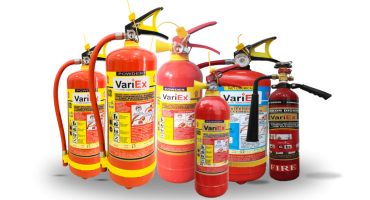 Read more +24 November 2023 in Fire Extinguisher
Read more +24 November 2023 in Fire ExtinguisherWhat types of fire extinguishers are available for different fire classes?
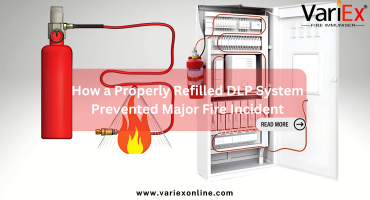 Read more +24 April 2025 in Fire Suppression
Read more +24 April 2025 in Fire Suppression

